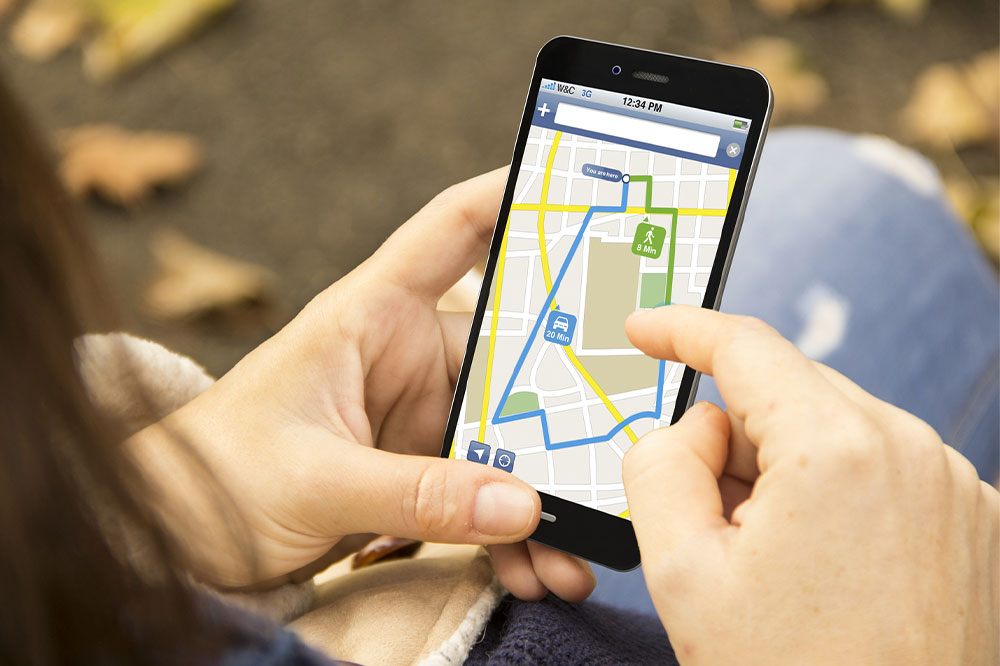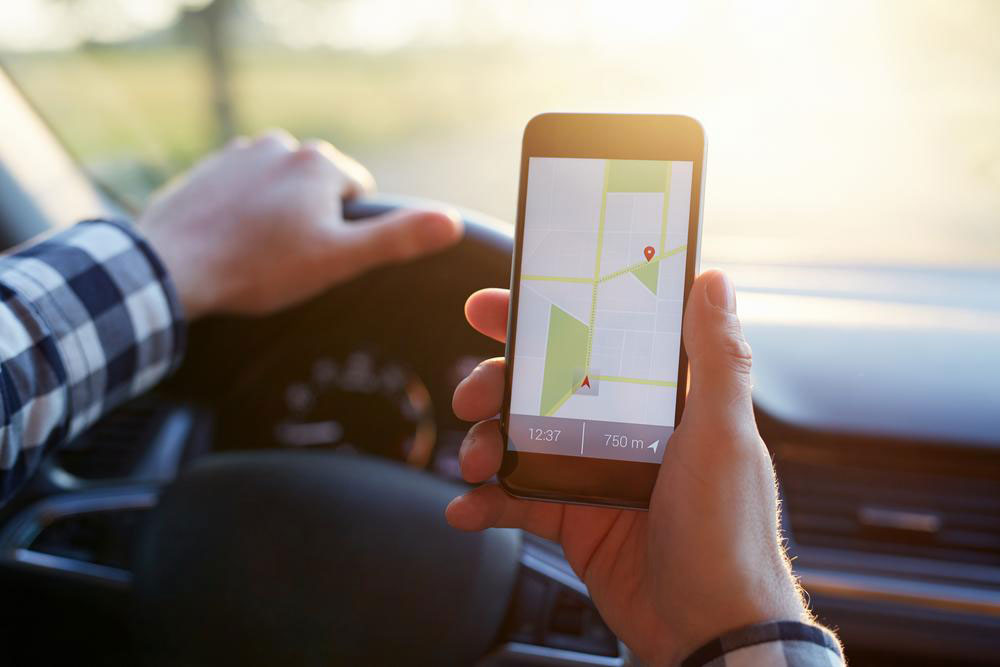Guide to Cell Phone Tracking Laws and Practical Scenarios
This comprehensive guide explores the legal considerations and practical methods for tracking cell phones across different states. It highlights when tracking is permitted, the necessary legal procedures, and available tools for authorized monitoring. Whether you own the device or seek legal ways to locate someone, understanding the laws prevents violations and penalties. The article covers various scenarios, including using carrier services, social media tools, or hiring professionals, emphasizing the importance of legality and consent in phone tracking.
Sponsored

Understanding Legalities and Methods for Tracking Mobile Devices
Modern smartphones continuously monitor our locations, often silently sharing data with authorities and companies. While this technology offers convenience, legislation struggles to keep pace, leading to varying legal standards across states. Law enforcement can access your location data without warrants in some regions, while others demand strict compliance. It’s crucial to understand the laws specific to your state before attempting to track a phone—either yours or someone else's. Unauthorized tracking can lead to severe legal consequences, including felony charges.
For instance, in Minnesota, police need a warrant to access current location data, whereas in Illinois, they can retrieve past location info without one. California protects location data from warrants unless it's based on specific grounds. Laws differ significantly from state to state: some require warrants for all cell data, others do not. Recognizing these distinctions is essential before proceeding with any tracking efforts.
States like Alaska, Arizona, and New York lack definitive regulations on cell tracking, leaving a legal gray area. Conversely, Alabama, Georgia, Illinois, and several others permit warrantless location access, while California, Maine, and Massachusetts mandate warrants. Additional states have partial protections or conflicting rules, complicating the legal landscape.
In practice, tracking a phone legally depends on ownership and consent. If you own the device or have explicit permission, you can use carrier services or tracking apps like AT&T Family Map, Sprint Family Locator, or Verizon Family Locator, compatible with Android and iOS. For unowned devices, unauthorized tracking is illegal and can result in criminal charges. In such cases, employing professional investigators or legal avenues is advisable.
Scenario 1: Tracking Your Own or Allowed Devices
If you own the phone or have permission, enable GPS or install tracking apps. These services allow real-time location sharing and monitoring.
AT&T Family Map: Offers location history and zone alerts.
Sprint Family Locator: Provides continuous updates on family members' whereabouts.
Verizon Family Locator: Similar features for device tracking.
Scenario 2: Tracking Without Permission
Tracking someone without their consent is illegal, but some apps offer limited, ethically permissible options:
Connect: Aggregates social media activity and location data.
Find My Friends: Allows mutual location sharing among trusted contacts.
mSpy: Tracks location, messages, and call logs, but only with legal authorization.
Scenario 3: Legal Tracking by Professionals
If legally authorized to track a target’s phone but lacking ownership or consent, hire a licensed private investigator. These professionals follow legal protocols and ensure compliance, providing a lawful method to gather location data and social insights.
Overall, tracking a cell phone legally requires proper authorization. Unauthorized tracking is a serious crime, potentially leading to felony charges, prison time, and federal wiretapping violations. Always adhere to laws to avoid severe penalties.






